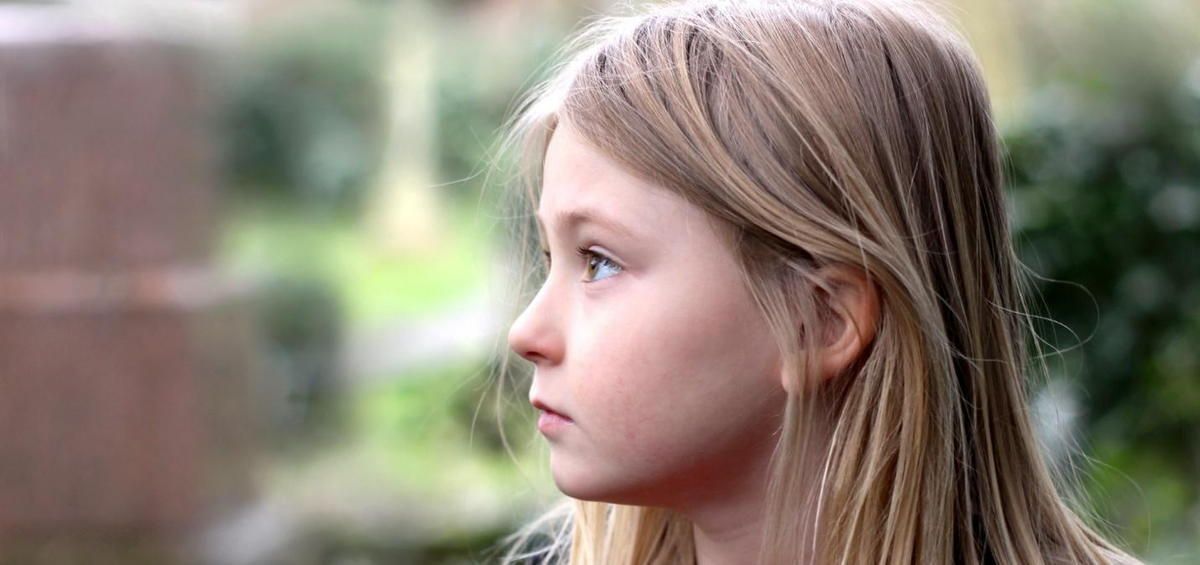Have you even been living with shame because you received a Type 2 diabetes diagnosis?
Have you been living with shame because you received a Type 2 diabetes diagnosis?
Have you been shamed by your doctor, friends or family about your eating habits or needing to lose weight because of this diagnosis?
Do you feel like a failure, lazy, and hopeless because you haven’t been able to stay on a diet for diabetes management?
Do you wish there was a way to manage this disease WITHOUT weight loss?
Have you avoided going for medical appointments because you are afraid to be weighed or have office staff comment about your weight?
Have experiences of fat shaming, comments about your diagnosis caused you to binge eat more, purge or yo-yo diet, making your diabetes symptoms even worse?
I would like to share a story with you about a young patient I have been seeing for about 6 months. She has given me permission to do so as long as she remains anonymous. She went through years of fat shaming by medical professionals related to her diabetes diagnosis.
It all started about a year ago. Casey, is a smart, creative young woman with a sharp sense of humor and a very kind heart. She loves to sew and often comes to our sessions wearing the cutest outfits that she created herself. One day she went to her doctor for a routine physical that included bloodwork. A few weeks later her doctor asked her to come back into the office. When she did, he presented her with a terrifying diagnosis - her blood work showed that she had Type 2 diabetes.
Casey was shocked. She was only 18 years old. This was a disease she would now have to live with for the rest of her life. But that wasn’t the most devastating part. During her teen years Casey had suffered from an eating disorder. She binged large amounts of food and then purged, for several years. The doctor knew this because she had disclosed this history, even though it was one of her deepest, darkest secrets. She trusted her doctor and knew that in the best interest of her health she needed to be totally honest.
After telling him about her new diagnosis the doctor did not hesitate to tell Casey why this had happened to her - she had done it to herself. All of those years of binging and purging had sealed her fate and there was no going back. And the solution? Lose weight, fast. The doctor patted Casey on the shoulder with an “I told you so” look, handed her a prescription, and instructed her to set a follow-up appointment with him in three months.
Casey was paralyzed with guilt and shame. She had worried as a teen that the binging and purging were hurting her body, but she didn’t know how to stop and was too embarrassed to ask for help. And now she had “given” herself a terrible illness.
In a panic, she started to diet. She tried to cut out all sugar and carbs, eat more vegetables, and go the the gym several times a week. She kept it up for about a month, but she had never gotten help for her eating disorder, which was the way she comforted herself when under stress.
The pressure of forced dieting and exercise became too much for her (as it would be for anyone!), and one day she bought a bunch of sweets and gorged on them in her bedroom in secret. She stopped exercising and resumed this daily bingeing ritual.
When she returned to the doctor for her follow-up appointment - which was terrifying to do since she hadn’t dropped any weight - in fact she had gained weight because of the bingeing, the doctor launched into a lecture about how she was not taking her diagnosis seriously. Did she want to lose her toes and feet to neuropathy? Did she want to go into kidney failure? She needed to drum up some willpower and get that weight off.
Casey left the appointment feeling ashamed and defeated. What was wrong with her that she first gave herself this illness and then wouldn’t follow the doctor’s advice to manage it? She knew she needed help. Luckily she called us instead of a weight loss center.
When Casey came to her first appointment with me, she told me tearfully about her experience and shared her feelings of hopelessness about ever being able to recover from her eating disorder OR manage her diabetes. We were a last ditch attempt.
I really wanted to hug her. And truthfully, I wanted to go give that doctor a piece of my mind. However, I know that most doctors are trained to be fat phobic and believe that dieting and weight loss are the cure for almost all ills, even though mounting scientific evidence shows that being fat is by far not an automatic indicator of poor health.
Here’s the real kicker to this story.
A few months later, Casey, in working with an excellent endocrinologist, found out that she carries a rare genetic marker for diabetes. The doctor never thought to explore other causes for the diabetes and jumped right into shaming Casey and blaming her lifestyle and behaviors. The truth is, Casey would have received this diagnosis no matter what, even if she were a size 2 fitness model!
When Casey came to her appointment to tell me this news, this time she cried with relief. She finally realized that developing diabetes was not her fault. Sadly, many people with Type 2 diabetes face this type of stigma every day, as NBC news reports:
“Few chronic diseases carry more stigma than Type 2 diabetes. While patients with heart disease or cancer are often showered with sympathy, people with Type 2 diabetes are criticized for being fat, lazy or junk food junkies.”

Shame leads people to hide their condition, not seek adequate medical treatment. In addition, physicians often contribute to this shaming behavior, according to vice.com: “In many doctors’ opinions, there’s nothing else to diagnose once a fat person walks into their office—the answers to our health problems are written all over our bodies. Over the past few years, the negative bias and stigma impacting people of size has become more widely seen and understood as ill-informed and destructive: They lead to misdiagnoses and missed diagnoses, and discourage fat people from getting the care they need”
https://broadly.vice.com/en_us/article/43ppwj/how-to-find-a-fat-positive-doctor
It is because of heart wrenching stories like Casey’s that The Body Image Counseling Center recognizes the incredible need for diabetes treatment that does NOT focus on weight loss or dieting, and is welcoming of all body types. I have had so many clients come to see me with these types of stories that I knew we had to do something more proactive.
That is why we are proud to announce our new diabetes and pre-diabetes counseling and education program “NO diet diabetes”. The program is a team treatment approach to diabetes management that includes both weekly nutrition counseling AND weekly therapy sessions to help you understand the emotional triggers that can lead to binge eating, purging or restricting.
No Diet Diabetes! - Intuitive Eating for Diabetes Self-Management

Purpose: Treatment of Pre-diabetes and Type 2 Diabetes with a focus on health behaviors, Intuitive/Mindful Eating for the purpose of lowering and managing blood glucose levels without a focus on weight and weight loss.
The approach centers around four major learning phases:
Learning Phase 1: Diabetes Demystified
- Diabetes basics/ Introduction to Diabetes
- Insulin
- Defined
- Production
- Resistance
- Load
- Diabetes myth-busting
- Target blood sugar levels. Symptoms of hypo/hyperglycemia
- Introduction to focus on health without the focus on weight
Learning Phase 2: Demystifying Carbohydrates and Gentle Nutrition
- Carbohydrates Defined
- Consistent Carbohydrates
- Insulin Resistance
- Insulin Load
- Plant based diets
- Fiber
- Protein and Fats
- Diabetes Plate
- How to make diet changes that are sustainable.
Learning Phase 3: Intuitive Eating/ Mindfulness and other health behaviors
- Introduction to Intuitive Eating
- Hunger/Fullness and blood sugar levels
- Mindfulness
- Restriction—>Binge cycle
- Why? When? What? How? How Much? Where? Eating and Food Choices/Selection.
- Other Heath-related behaviors affecting insulin resistance
- Movement (Exercise)
- Stress
- Weight Cycling
- Other
Learning Phase 4: How to stop emotional eating through a non-diet approach.
- Understanding how emotional eating is a coping mechanism, not a lack of will-power.
- Learning to use the hunger scale
- Identifying your emotional eating triggers
- Learning what you can do specifically instead of emotional eating
- How to add joyful movement to your life.
- Letting go of diet thoughts, counting calories and body shaming.
Here is the best part… We will never put you on a diet. We will never ask you to track calories or cut out certain foods. We will never shame you about your weight or your eating and exercise habits. And your diabetes will be managed safely!
Please do not avoid your prediabetes or diabetes diagnosis any longer. If you would like more information, or to share your personal story to learn how we can specifically help you, we offer FREE 15 minute discovery calls here.
You can manage your diagnosis and live a healthy life - without dieting or extreme weight loss , and without feeling bad about yourself. Let us show you how. Call our team at 904-737-3232 today!










